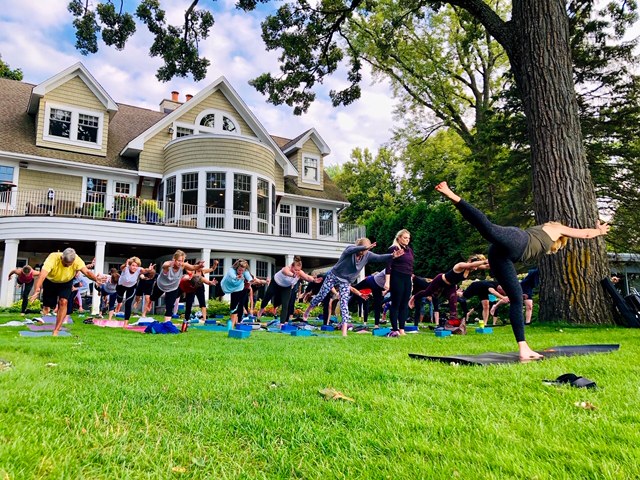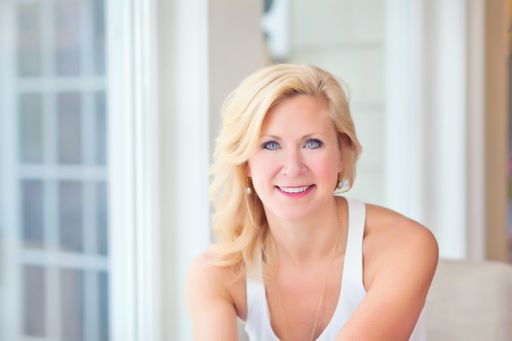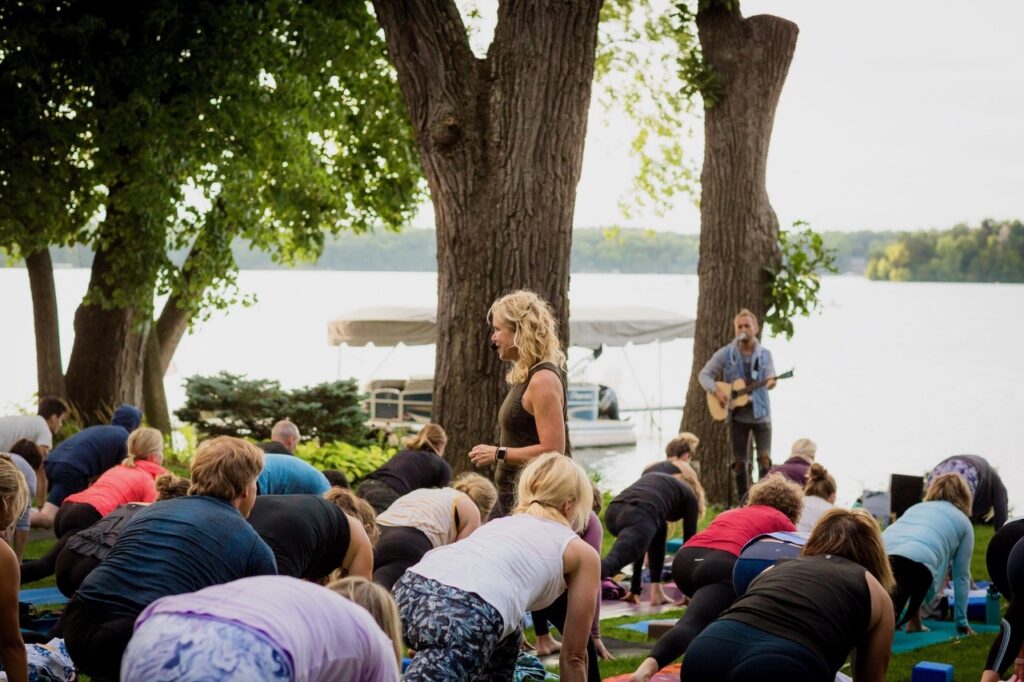Wisconsin in Madison, where she became interested in psychology.
“I wanted to know more about the unconscious part of us,” she remembers, “and how emotions can get in the way.”
She sees herself as a person who has always been a good listener, and one with an intuitive way of providing advice. “That’s my personality,” she said.
She returned to Minneapolis after graduation, but soon did an about-face, back to Wisconsin with her husband, Jim. Upon moving back, she pursued a Master’s Degree in psychology at the University of Wisconsin, Whitewater, thinking she would go into Human Resources and consulting. However, she pivoted to clinical psychology, and upon graduating, landed a job at the Milwaukee Psychiatric Hospital, where patients suffered from anxiety and depression. She was assigned to the Intake Department—the first stop for new patients.
“I would sit down with them and try to figure out what was going on,” Cope recalls. “It would be about an hour interview. It was a great experience for someone my age and in some ways determined the fate of the patient.”
She was there for six years, and the days could be exhausting—sometimes taking a toll on Cope. She and her husband thought it was the right time to take a break from the workplace and start a family.
So when she gave birth to her first son, Andrew—who is now 23—she became a stay-at-home mom. Two more sons then followed—Connor, now 21 and Ryan, 18.
“I was lucky that I could be home with the little ones. It was a good thing that I stepped away as it gave me the time to evaluate what I wanted to do…and what I didn’t want to do.”
Cope decided to go back to school, and a long-time friend, Dr. Rania Dempsey, suggested that she look into Sports Psychology Consulting.
“She is so relatable and has this gentle nature and humble confidence,” Dempsey says’ “there is a quiet drive that is inspiring to others along with her competitive spirit which makes her likable. Add that to Cope’s being so genuine, I see why people want to work with her.”
In 2002, not much was available online. But she did find a one year program at The California University of Pennsylvania, a Post-Masters Certification in Sports Psychology — one of the first in the country to offer the curriculum online. She applied and was accepted.
Armed with her certification after completing her studies, Cope was ready to jump into her new role. She had interviewed athletes in her community for her research paper, and now that she had graduated and was certified in her field, they were eager to work with her.
“Sports psychology was just getting a foothold in the Midwest and was really new here,” she explains.
One of her first clients was an Ironman Triathlete. Word got out to others while Cope herself was competing as a triathlete, and her client list grew. What she found out was that the help they wanted wasn’t so much improving triathlete performance, as it was about putting life balance into their lives.
There were discussions about relationship issues that the athletes were experiencing due to their training schedules. And then there were concerns about burnout. An intense sport, being a triathlete comes with grueling and arduous regimens.
Because Cope was a triathlete herself, she was empathetic towards her client’s expectations. As she explained, the task for her clients was to figure out how to handle the personal, professional and athletic goals each was setting for themselves.
“Unrealistic expectations of what your body can and cannot do needed to be managed. There is a right way to incrementally build up performance, along with perceptive building. There are going to be ups and downs during the training cycle,” she emphasizes.
Why do people push themselves so intensely to compete in a triathlon?
“For me pushing the edge was cool…how much can I handle?” she asks.
As the client list grew, she found a new demographic—the over anxious teenage athlete. “I got calls from parents whose kids participated in individual sports,” Cope recalls.
Swimmers, cross country runners, kids who had anxiety and pressure from both coaches and parents: they would come to Cope for help.
“This is about you, nobody else. What are your goals?” she would advise her teen athletes.
“It’s very difficult when a teenager is burnt out on a sport, to sit down with their parents, who have invested a lot of time and money into them. It’s very hard to tell them…I’m done. It would take several sessions to work through this issue,” she recalls.
Cope now refers to herself as an “Achievement Coach.” It has been her skill as a listener that has made a difference to the athletes she has worked with.
Eight years ago, as a compliment to being a triathlete and her sports psychology consulting business, Cope began her journey as a yoga teacher. For the past three years she has taught at the Coda Yoga Studio in Hartland, owned by Lara Goudy.
“She was pretty natural… and well known in the community,” Goudy remembers. “Cheri personifies a true self-starter who is very driven. She wants to get better and continues to want to learn…always asking for feedback to grow her skills.”
Since she loved teaching, and connected with yoga’s internal experience, she started with 200 hours of teacher training and then went further with an additional 300 hours.
“There is so much to learn with yoga it’s never ending,” she said.
The highlight of her practice was a class on the lawn of her lakefront home.
“I did a huge event at the house with a great guitar player named Kevin Paris, with 70 people. We did it for five straight years until Covid hit and it cancelled this year’s event.”




No comments